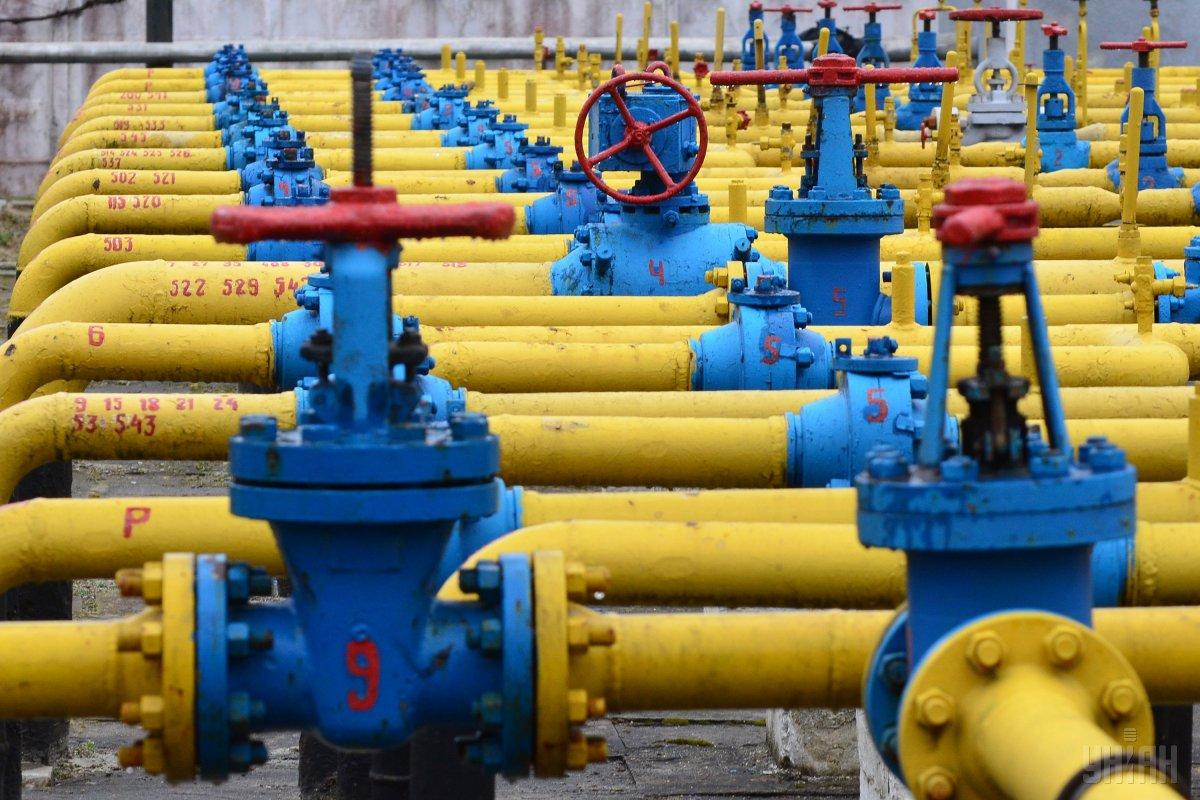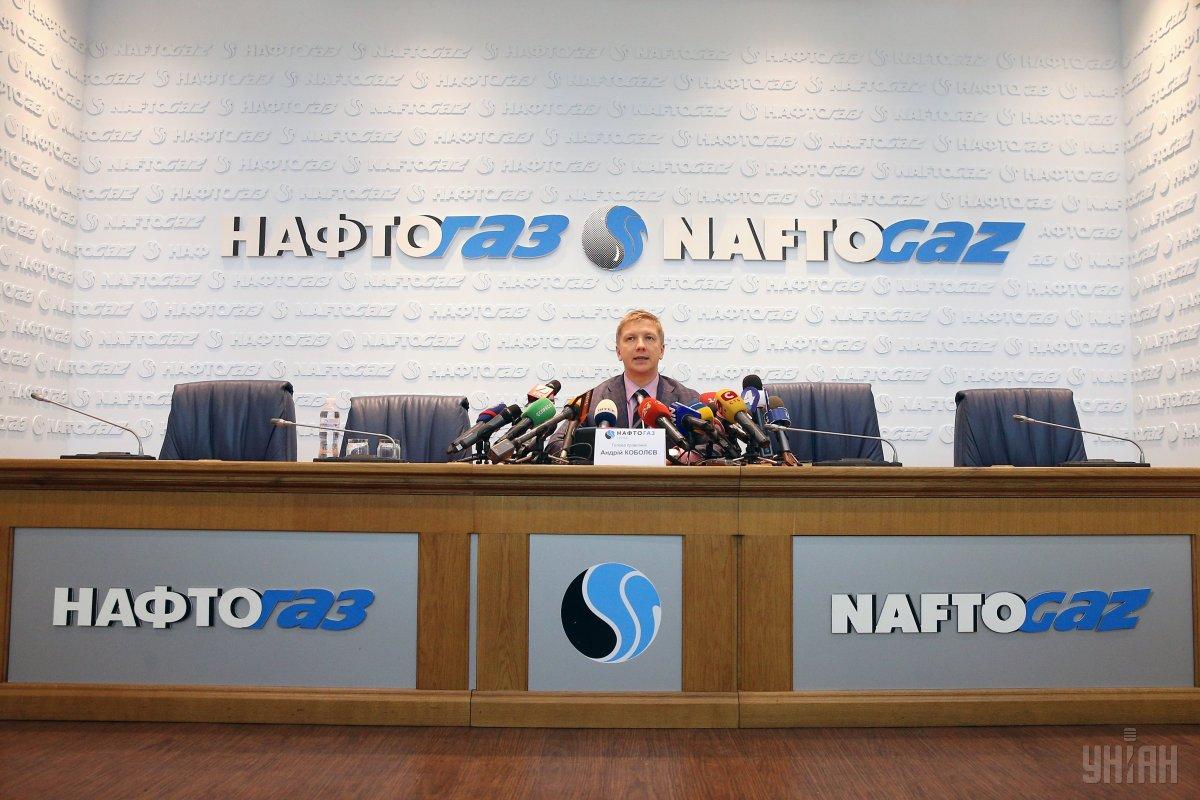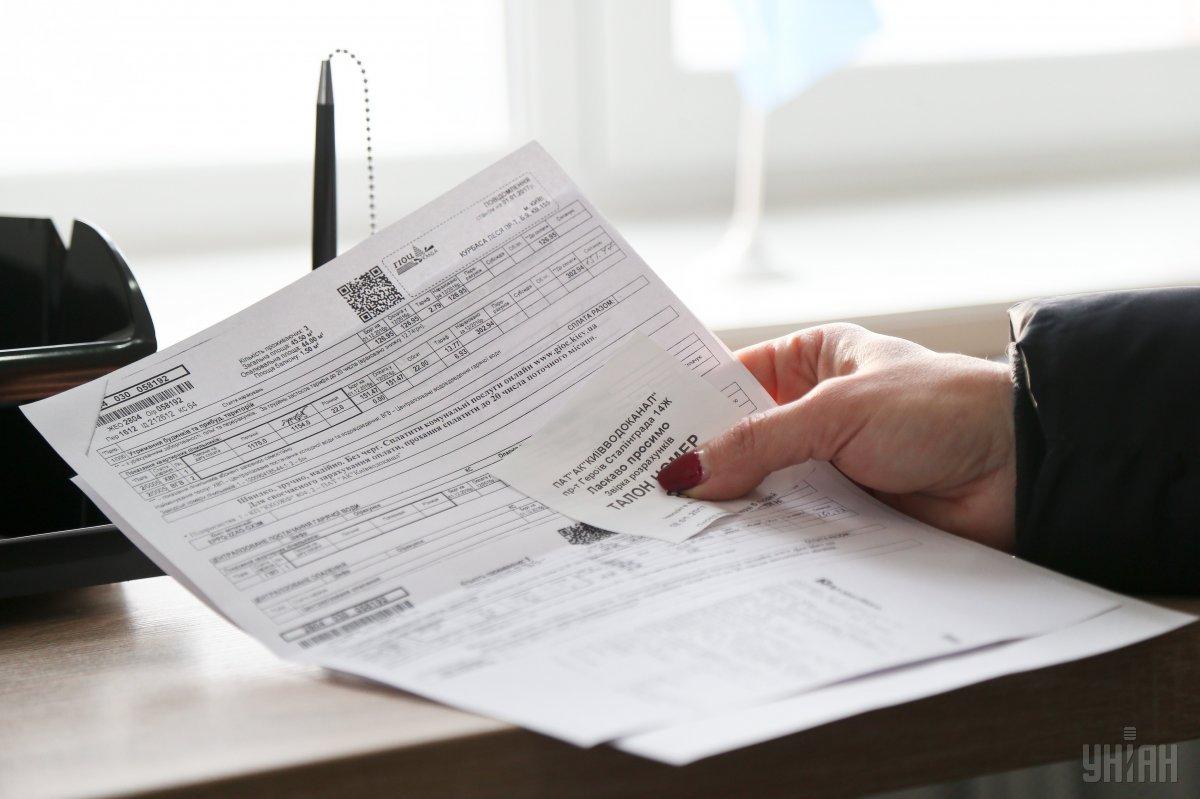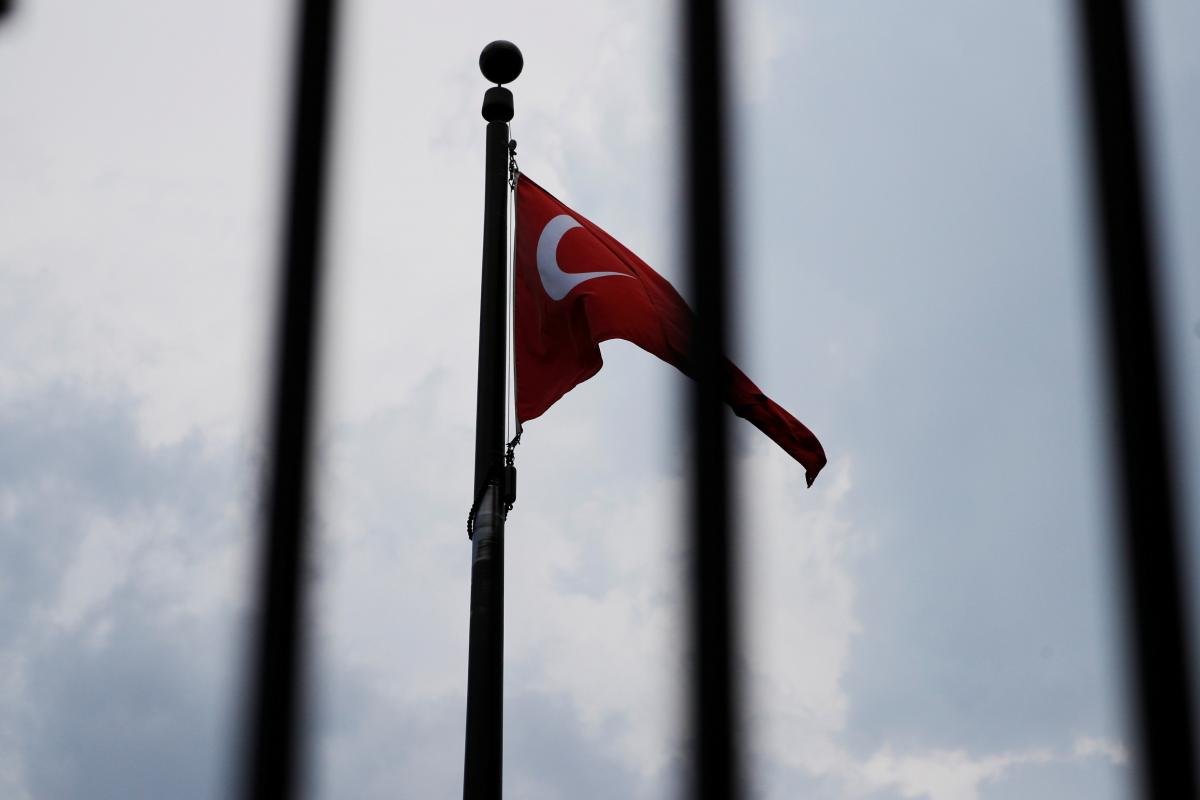
Week's balance: Lower gas tariffs, punishment for utility debtors, and international defense cooperation
Naftogaz of Ukraine, at the government insistence, reduced by 3.5% gas tariffs for households; the new law on housing and utility services tightened sanctions against those failing to pay utility bills; while the country's defense industry boasted of success reached in international cooperation – these are the main economic news of the outgoing week.
May 2019 brought a unique economic phenomenon – a decrease in gas prices for the households, to UAH 8,247 per 1,000 cubic meters. The move to drop prices 3.5% followed a heated debate between the head of government, Volodymyr Groysman, and Naftogaz CEO Andriy Kobolyev, which could well have resulted in the latter’s resignation.
Back in mid-March, the Naftogaz chief said that the price of gas in the European market had fallen to a level lower than that for Ukrainian households, which the Cabinet of Ministers had set by its last year’s decree. Therefore, Kobolyev proposed that his companies' special obligations be abolished to sell gas to the households, religious organizations and thermal generation in line with an approved formula, which would allow the state-owned company to sell cheaper.
After a slight delay, at the beginning of April, the Cabinet of Ministers allowed Naftogaz to set the gas price for the population below UAH 8,550 per 1,000 pubic meters, at the same time keeping special obligations in place.
The energy holding was not in a rush to implement the decision, bringing to the public domain the debate with the government on who is responsible for what in a complex bureaucratic decision-making procedure. Things reached the point where Prime Minister Groysman threatened to sack Kobolyev if Naftogaz did not lower the gas price for the population.
Meanwhile, opinion polls say the reduction of gas tariffs is one of the priorities on the list of Ukrainian voters' demands to the new president, Volodymyr Zelensky. Team Zelensky have already appealed to the government and Naftogaz not only to reduce gas tariffs for the households, but also to convince the country's key creditor, the International Monetary Fund, of the need for such a step.
And although Zelensky’s entry into office will take place next month, the call of the new leader of the country was heard, and the next day after the presidential election runoff, on April 22, the Cabinet of Ministers and Naftogaz finally agreed on a reduction in the regulated price of gas for the population and thermal generation in May to UAH 8,247.

By the way, the National Bank in its updated forecasts postponed the 15% increase in gas prices for the population, earlier scheduled for May, until this fall, explaining that with a drop in gas prices in the European market, due to which the average annual gap was reduced with prices set in Ukraine.
At the same time, the NBU gave another encouraging forecast, saying the expected increase in gas prices for the population in 2020 was reduced to 7% from the 18% previously projected.
It is worth recalling that, according to the Memorandum of Cooperation on the stand-by program with the International Monetary Fund, Ukraine has committed itself to raise the price of gas for the households by 15% from May 1, 2019, and to equate it to market price in 2020.
Growing gas reserves
The operator of the Ukrainian gas transmission system, state-owned Ukrtransgaz, reported on a 8% rise in gas reserves in the country's underground storage facilities following the end of the heating season – up to 9.439 billion cubic meters. This suggests that the gas industry has already begun preparations for the next heating season and possible issues with continued transit of Russian gas after the existing transit contract with the Russian gas monopoly Gazprom expires at the end of 2019.
According to Ukrtransgaz, as of April 30, gas reserves in USFs were 19% larger year-on-year.

In the first four months of 2019, Ukraine increased gas imports from the European market to 2.4 billion cubic meters, which is 9% more than a year earlier. The largest volumes were imported via the Slovak gas transmission corridor.
Head of Naftogaz Andriy Kobolyev has already announced plans to accumulate about 20 billion cubic meters of gas by November 2019, which is 20% more than the average level over the recent years.
It should be recalled that in November 2015, Ukraine refused to further purchase gas from the Russian Gazprom – the fact Putin’s Russia still cannot accept, threatening to completely halt gas transit via the Ukrainian pipeline.
Punishment for debtors on utility bills

On May 1, the law on housing and communal services, adopted in 2017, entered into force, which, among other things, introduces a penalty for debtors on utility services.
The penalty will be charged in the amount specified in the contract, but not more than 0.01 percent of the amount of debt for each day of delay. At the same time, the amount of the paid interest cannot exceed 100 percent of the total amount of the debt.
The penalty shall not be charged provided that the state has delayed the payment of subsidies or the employer fails to pay the salary, but these facts must be properly documented.
This is a very urgent change against the background of accumulating debts in the utilities sector, which, according to the State Statistics Service, as of April 1, 2019 amounted to UAH 69.2 billion. Although, in March there was an almost 2% decrease in the debt for gas and electricity, which is a positive shift.
Anyway, debts for consumed public utilities are an unaffordable luxury for the recipients of subsidies who can lose the privilege granted by the state. The Ministry of Social Policy reported that the subsidy will be canceled if the debt on bills exceeds UAH 340. Subsidies can be unfrozen if the debt is paid off or restructured.
Since May 1, the procedure for granting subsidies has also changed. The Ministry of Social Policies drew attention to the fact that nowadays, the social security offices of the population will not take into account the additional charges imposed by the regional gas companies for additional volumes of gas to bring them to the so-called "standard conditions."
It is for these illegal additional charges that the National Energy and Utilities Regulation Commission last month fined almost all regional gas companies owned by Dmytro Firtash.
International defense cooperation

The outgoing week brought some good news in the field of defense. At the IDEF-2019 international arms exhibitionin Istanbul, representatives of the state-owned Spetstechnoexport signed a contract with one of the Turkish corporations for the supply of 120-mm barrel-mounted guided missiles Konus.
During the first phase of the contract, Ukraine will supply missiles and guidance devices for their integration into Turkish main battle tanks. Subsequently, as a result of the partial technology transfer, Ukrainian guided missiles will be produced at Turkish capacities.
Ukraine also signed a number of other important contracts with foreign partners for the supply of military goods for the needs of its Armed Forces and security agencies.
In particular, Ukraine plans to import cooling thermal imagers to be installed in guided anti-tank weapons, as well as receive regular batches of VHF range radio comms equipment.
Next week, President-elect Volodymyr Zelensky, will continue to work on building his team, while the State Statistics Service will report on the inflation rate in April.
Hanna Bredikhina

